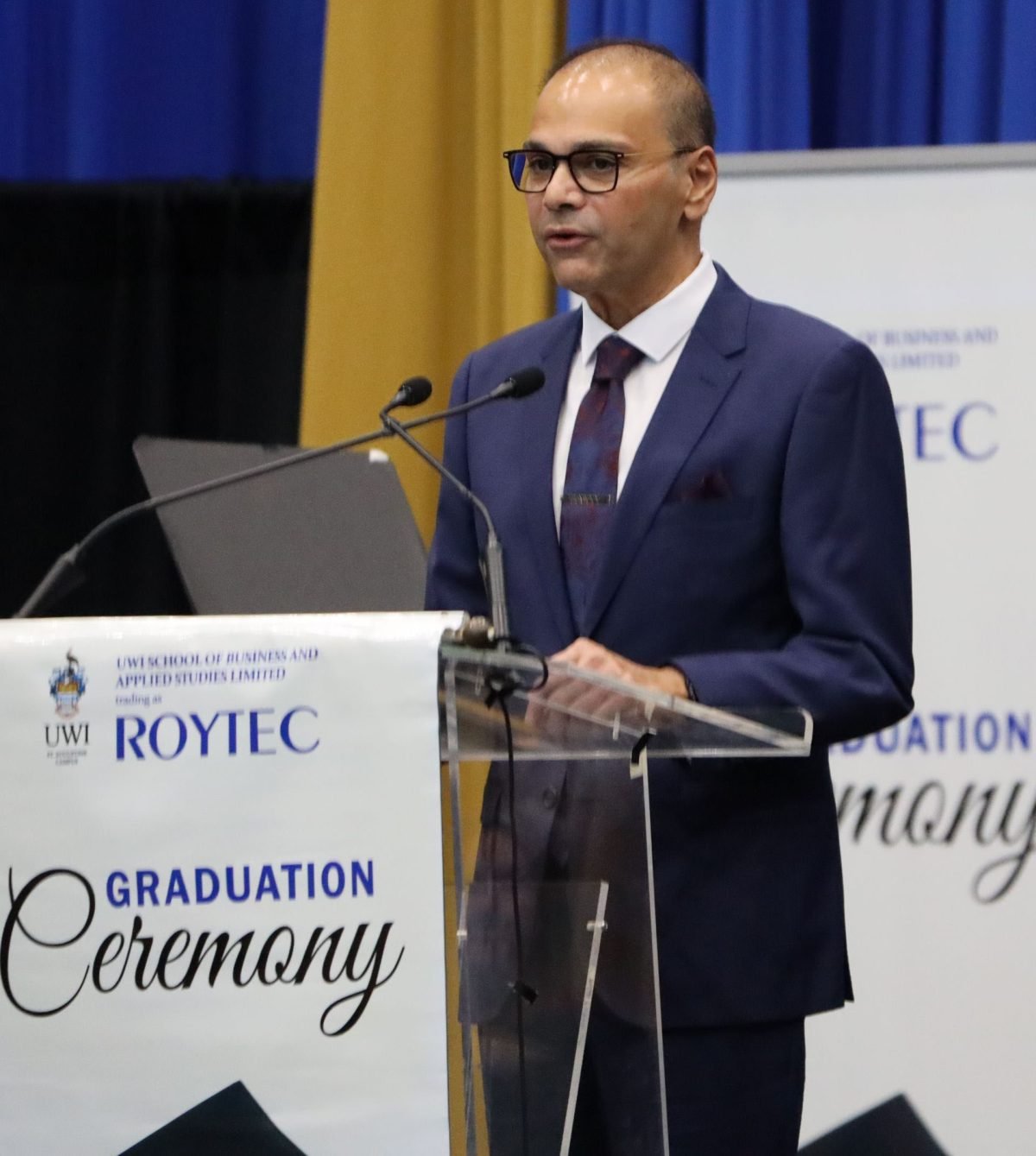(Trinidad Guardian) Court of Appeal Judge Mark Mohammed is encouraging citizens to not be afraid to speak out when they witness misconduct.
Delivering the feature address at a gra-duation ceremony for students of UWI-Roytec last Friday, Justice Mohammed warned against blind and myopic loyalty to friends or individuals engaged in wrongdoing.
Justice Mohammed said: “True loyalty involves doing what is right even when it is deeply uncomfortable, more so in a society where the very few who chose to speak out are subject to an avalanche of propaganda.”
“However, against the risk of all of that, by holding each other accountable, a culture of integrity is fostered in a holistic manner,” he added.
Justice Mohammed referred directly to the Whistleblower Protection Act, which was passed by Parliament last year.
The legislation seeks to combat corruption by protecting people who report such activity.
“This legislation, graduates, has the potential to dramatically alter the landscape of corporate cultures and of public governance,” he said.
He noted that it would help augment the vital role the media plays as the watchdog of democracy.
“It is about shining the light into an often impenetrable darkness and “holding truth to power”,” he said.
Advising the graduates on how to discern and navigate ethical dilemmas, Justice Mohammed suggested striving to evolve their sense of morality.
“It is quite alright if learning to behave in an ethical manner is always a work in progress,” he said.
He also suggested building a circle of friends who do not shy away from giving constructive criticism and encouraged introspection and public service.
“As you navigate whatever ethical dilemmas will inevitably come into your paths, remember the right choice is seldom the easiest choice,” he said.
Justice Mohammed also sought to address the effect of criminality on the country.
“The cycle of disrespect, abuse, and violence has become a permanent fixture, perpetuating a suffocating climate of near-constant fear and of division,” he said.
Highlighting a very personal and not well-publicised experience, Justice Mohammed, who is currently the most senior judge presiding over criminal appeals, noted that his father was murdered in a robbery when he was 18 years old.
Justice Mohammed, who served as Director of Public Prosecutions (DPP) before joining the bench, stated that while his father’s two attackers were arrested, tried and convicted, they were freed on appeal due to a major legal error by their trial judge.
“My career track, which he could not have seen, saw me traversing the paths of being a prosecutor, an occasional error making trial judge, and now an error correcting Appellate Judge,” he said.
“The irony is never lost on me,” he added.
The theme of the graduation ceremony was Doing Right All The Time.







